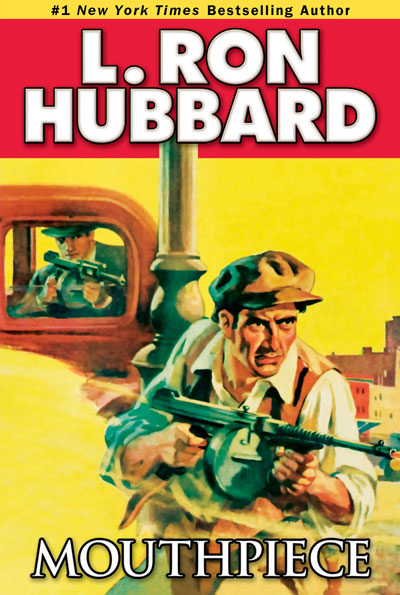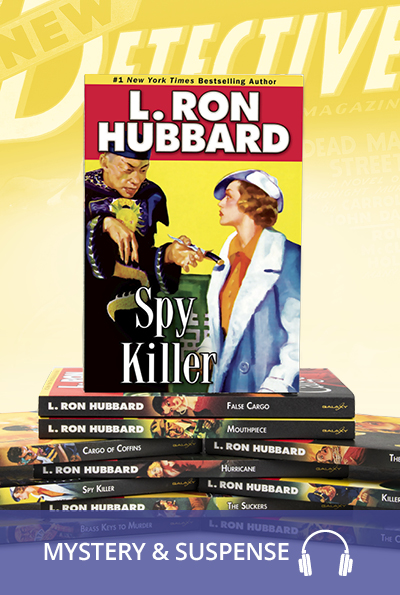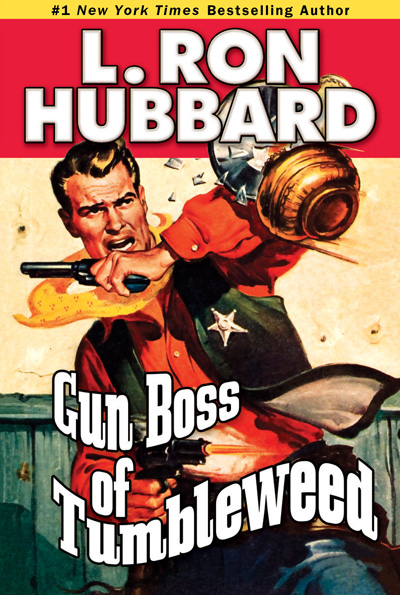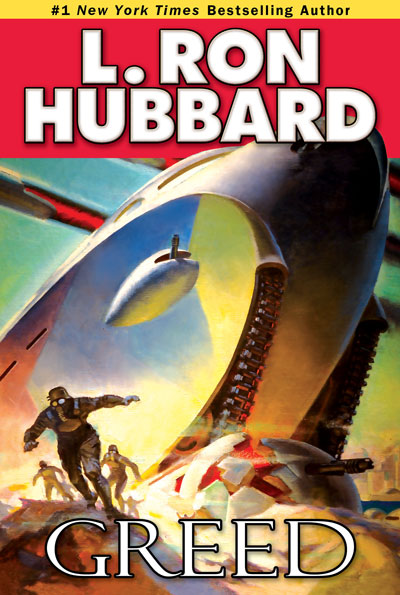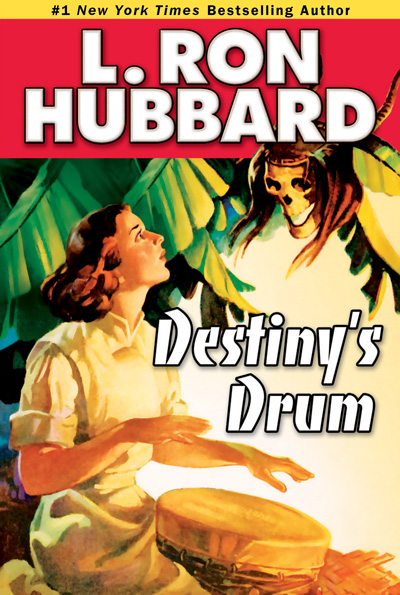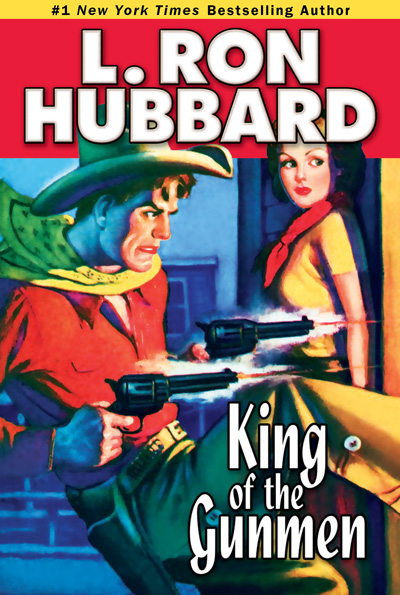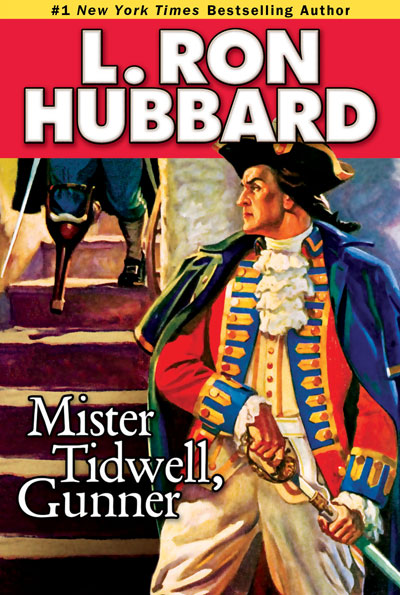Imagine that your father is one of New York City’s top gangsters and that you want nothing to do with him or his criminal empire. Now imagine he’s been murdered … and the only person who gives a damn is you. Meet Mat Lawrence, a stand-up guy—who’s got one thing on his mind: revenge.
The last place Mat wants to go is back to New York, but that’s where the killers are, and he won’t stop until they’re dead … or he is. And there’s only one man who can help him track them down: his father’s criminal attorney—the Mouthpiece.
But there’s more than a desire for revenge at play in this deadly game. When Mat’s old man went down, a million dollars went missing. Put it all together—a cold-blooded murder and a cool million gone—and it’s a pretty good bet that the one thing Mat is sure to find is some serious heat.
Also includes the tales of mystery, “Flame City,” the story of one man’s harrowing attempt to save his father and the city from a serial arsonist; “Calling Squad Cars!,” in which a police dispatcher goes to extraordinary lengths to bring down a gang of bank robbers after he is accused of working with them; and “The Grease Spot,” the story of a former race car driver, now the owner of a wrecking company, who plays fast and loose with the police … and may have to pay for it.
* A Publishers Weekly Listen Up Award Winner
SAMPLE
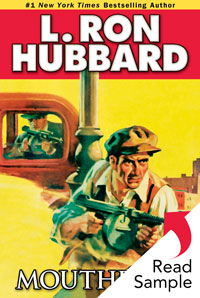
ABOUT THE AUTHOR
Mouthpiece was originally published in the September, 1934, edition of Thrilling Detective. That same year, as the youngest writer ever to serve as president of the New York Chapter of the American Fiction Guild, L. Ron Hubbard sought to promote greater accuracy in the writing of detective and mystery stories. To that end, he invited the coroner to speak to the Guild members over lunch. He later recounted that “they would go away from the luncheon the weirdest shade of green.” But, we can assume, they also went away better informed. Years later, expanding his studies in the area, Mr. Hubbard became a special officer with the Los Angeles Police Department.
Mouthpiece Glossary
Stories from the Golden Age reflect the words and expressions used in the 1930s and 1940s, adding unique flavor and authenticity to the tales. While a character’s speech may often reflect regional origins, it also can convey attitudes common in the day. So that readers can better grasp such cultural and historical terms, uncommon words or expressions of the era, the following glossary has been provided.
apache: a gangster or thug. The term was first used in 1902 by a French journalist to describe Paris thieves who were known for their crimes of violence. Apaches were so called because their alleged savagery was compared with that attributed by Europeans to the Native American tribes of Apaches.
banshee: (Irish legend) a female spirit whose wailing warns of a death in a house.
be hanged: used to express exasperation or disgust.
blackjack: a short, leather-covered club, consisting of a heavy head on a flexible handle, used as a weapon.
bluecoats: policemen.
bo: pal; buster; fellow.
bullpen: a holding cell where prisoners are confined together temporarily; in the 1800s, jails and holding cells were nicknamed bullpens, in respect of many police officers’ bullish features—strength and short temper.
bulls: cops; police officers.
bump: to kill.
calaboose: a jail.
cowl: the top portion of the front part of an automobile body, supporting the windshield and dashboard.
cretonne: a heavy cotton material in colorfully printed designs, used especially for drapery or slipcovers.
degree rooms: third-degree rooms; interrogation rooms; rooms of mental or physical torture used to obtain information or a confession from a prisoner.
dope: information, data or news.
drill: shoot.
excelsior: packing material made from wood shavings.
fire-eaters: firemen; firefighters.
flatfoot: a police officer; cop.
gat: a gun.
giddap: get up or go ahead.
gilt-frogged: garment with gold-colored ornamental fasteners consisting of a loop of braid and button or knot that fits into the loop.
G-men: government men; agents of the Federal Bureau of Investigation.
hard-boiled: tough; unsentimental.
haymaker: a powerful blow with the fist.
jack: money.
jig’s up, the: it’s all over; usually referring to a scam, trick or plot that has been found out and foiled before it could come to fruition.
kerchief: handkerchief.
Merthiolate: a trademark name for thimerosal, a cream-colored crystalline powder used as a local antiseptic for abrasions and minor cuts.
mitts: hands.
mouthpiece: a lawyer, especially a criminal lawyer.
mugs: hoodlums; thugs; criminals.
nickel barrel: siren, from the outside cylindrical part or casing of a siren that is nickel plated or colored.
Palo Alto hat: a wide-brimmed slouch hat with a chinstrap most commonly worn as part of a military uniform, resembling the original Stetson that was called “Boss of the Plains.”
petcock: a small valve used to control the flow of gas.
pile out: to move out.
pipe: cinch; someone or something that is easy and presents no problems.
pipe the dick: to look at, notice the detective.
powder, take a: to make a speedy departure; run away.
put ya wise: tell you; give you the information.
queered: spoiled; ruined; put wrong.
ride, take for a: to take out in a car intending to murder.
right guy: good guy.
roadster: an open-top automobile with a single seat in front for two or three persons, a fabric top and either a luggage compartment or a rumble seat in back. A rumble seat is an upholstered exterior seat with a hinged lid that opens to form the back of the seat when in use.
Roman candle: a type of fireworks giving off flaming colored balls and sparks.
rubber hose: a piece of hose made of rubber, used to beat people as a form of torture or in order to obtain a full or partial confession and to elicit information. A rubber hose was used because its blows, while painful, leave only slight marks on the body of the person beaten.
sand blotting box: a box with a perforated top containing fine sand for sprinkling on wet ink. After absorbing and drying the ink, the sand was poured back into the blotting box to be used again.
sap: blackjack; a short, leather-covered club, consisting of a heavy head on a flexible handle, used as a weapon.
sapped: knocked out with a blackjack.
Scheherazade: the female narrator of The Arabian Nights, who during one thousand and one adventurous nights saved her life by entertaining her husband, the king, with stories.
slug: a bullet.
smoke-eaters: firemen.
speakeasy: a bar for the illegal sale and consumption of alcoholic drinks.
spokes: the rods that join the edge of the steering wheel to its center.
Stetson: as the most popular broad-brimmed hat in the West, it became the generic name for hat. John B. Stetson was a master hat maker and founder of the company that has been making Stetsons since 1865.
Thompson submachine gun: a type of machine gun that fires short pistol rounds; named after its creator, John Taliaferro Thompson, who produced the first model in 1919.
uncle: surrender; indicate a willingness to give up a fight.

